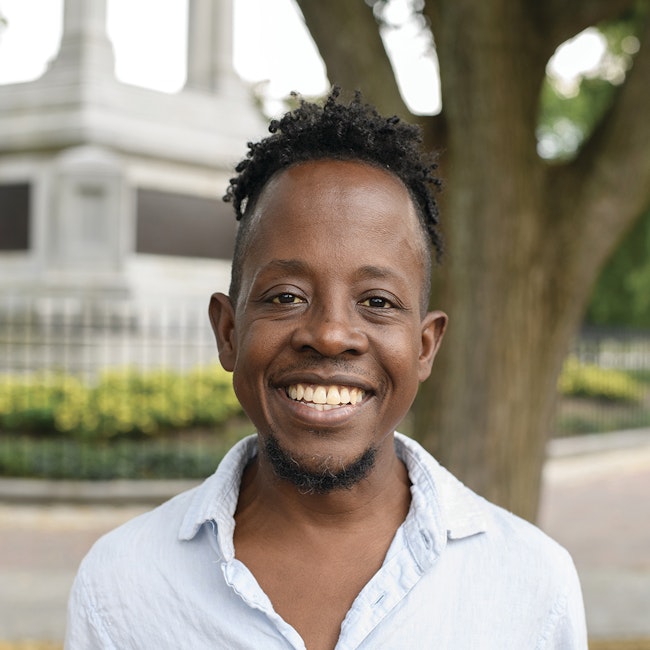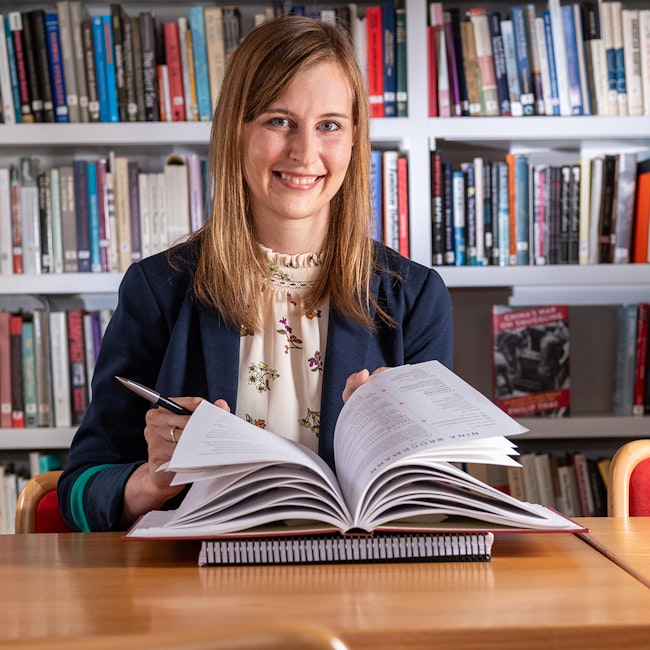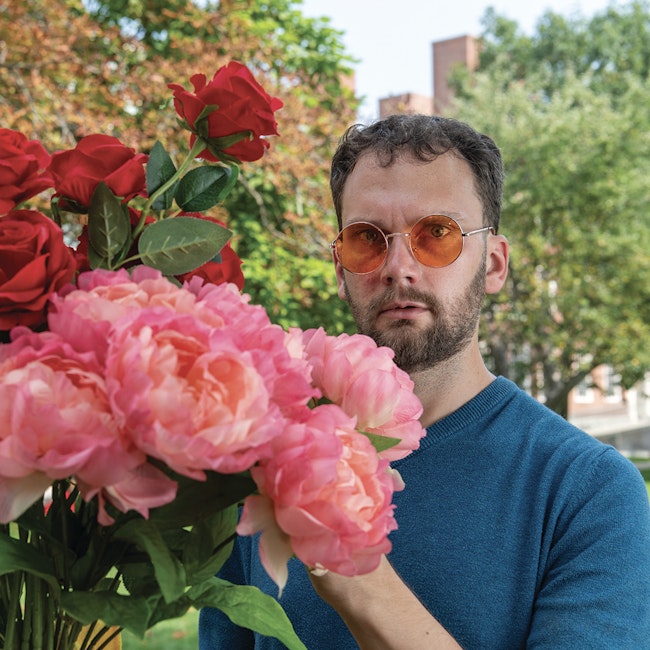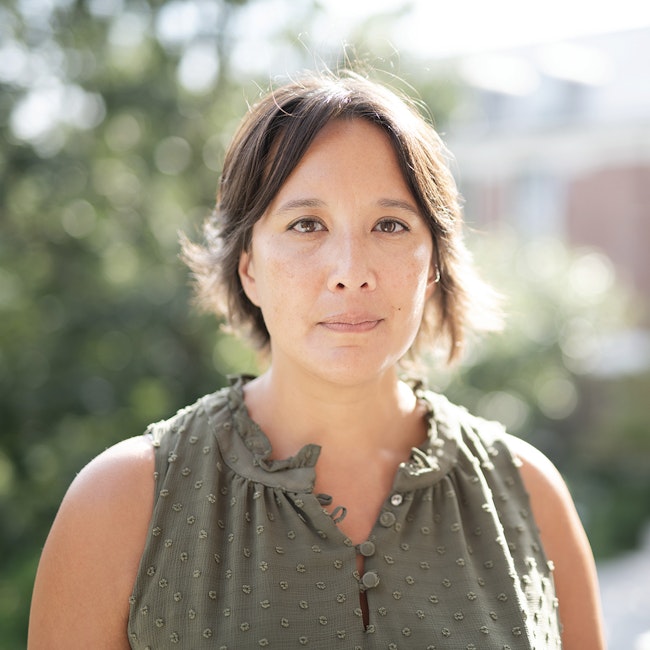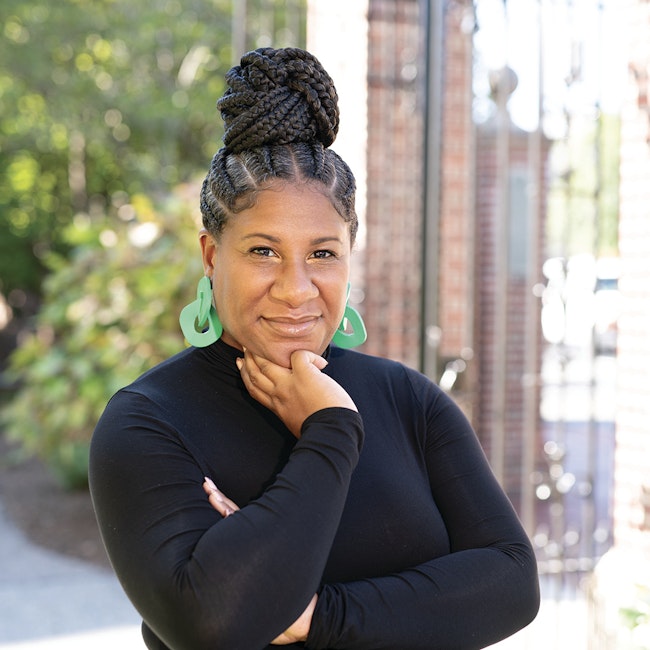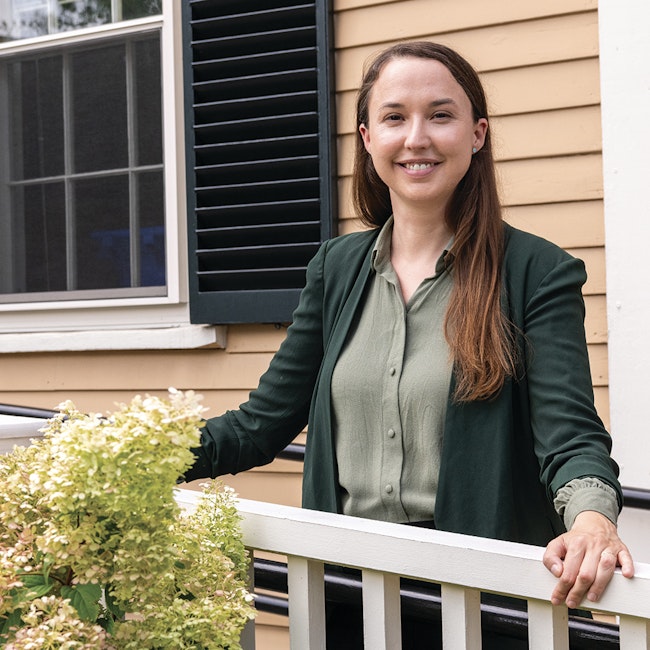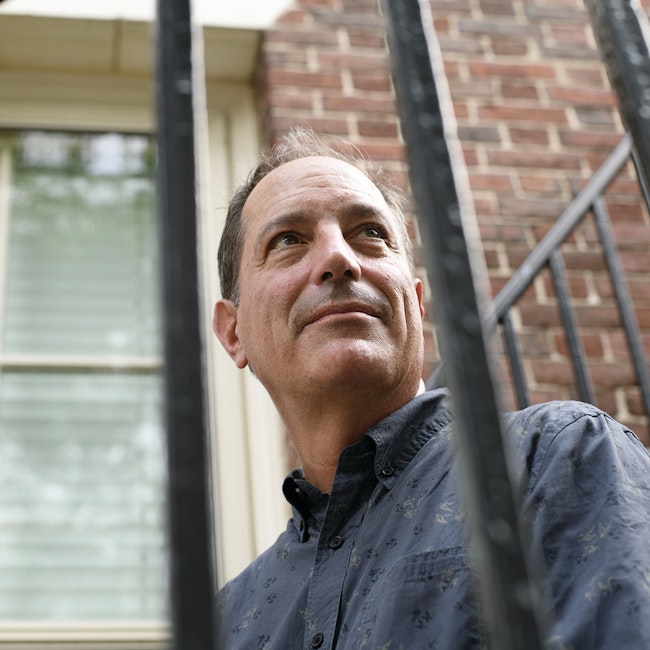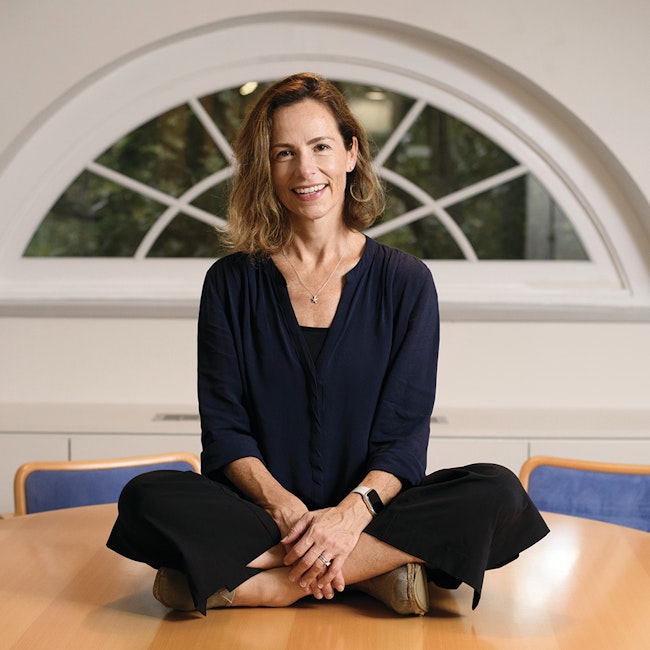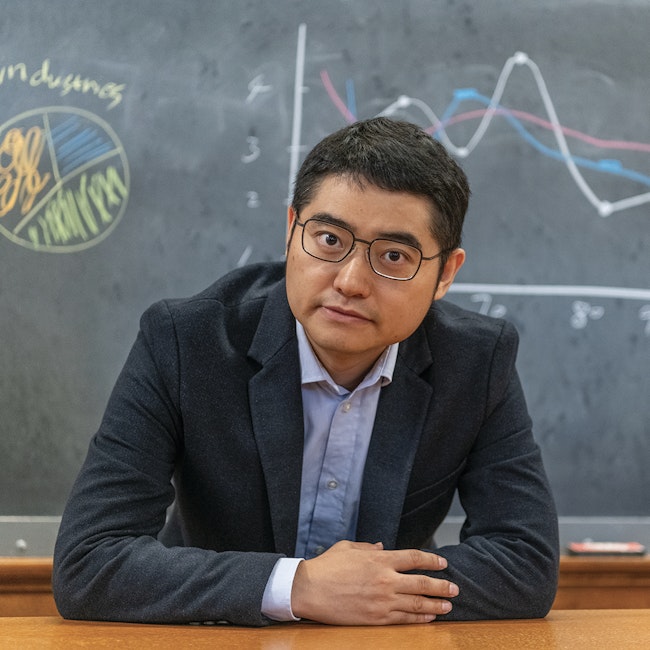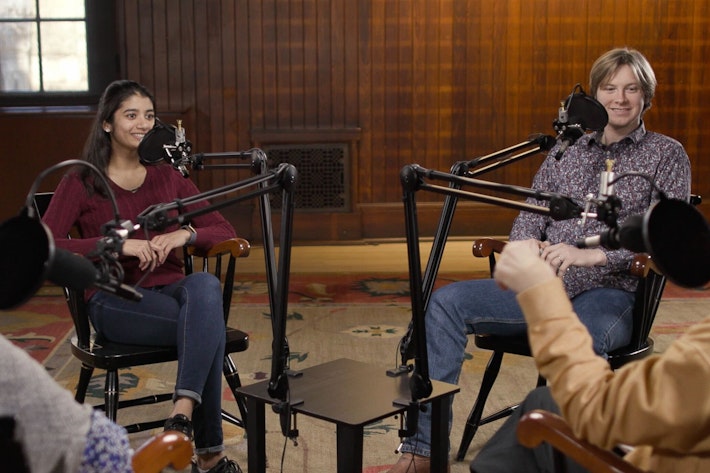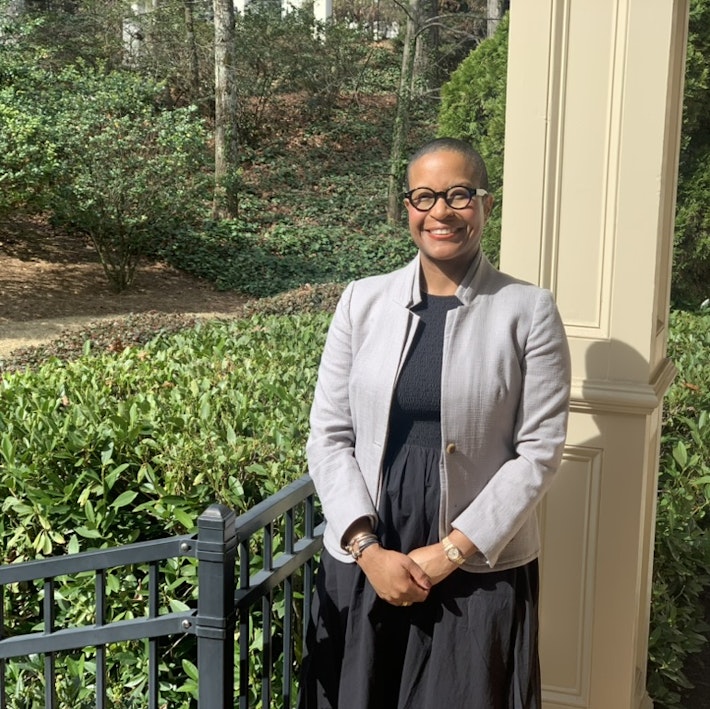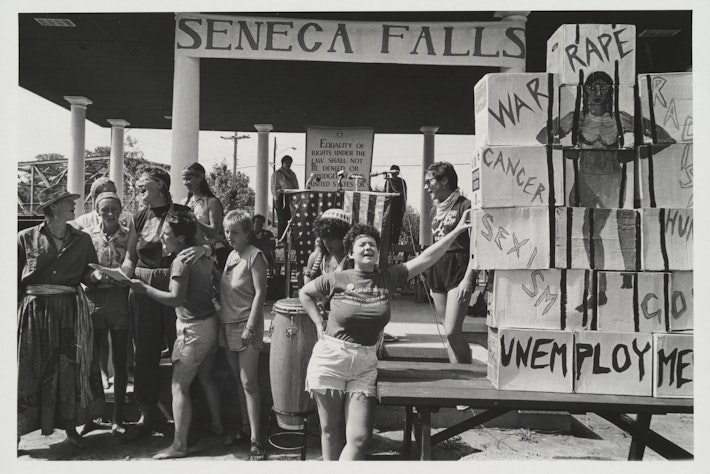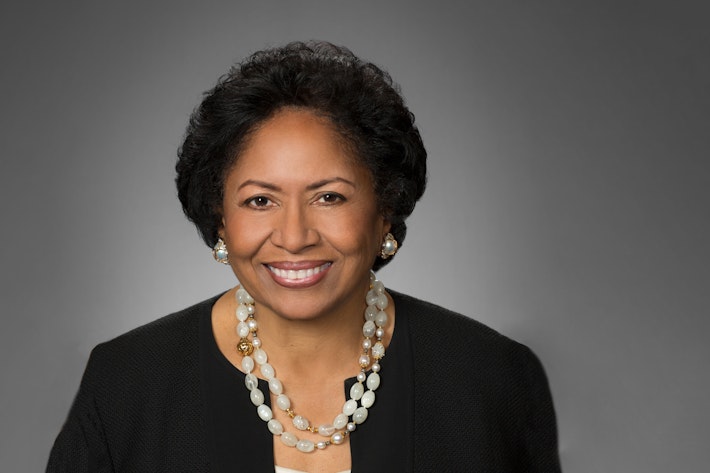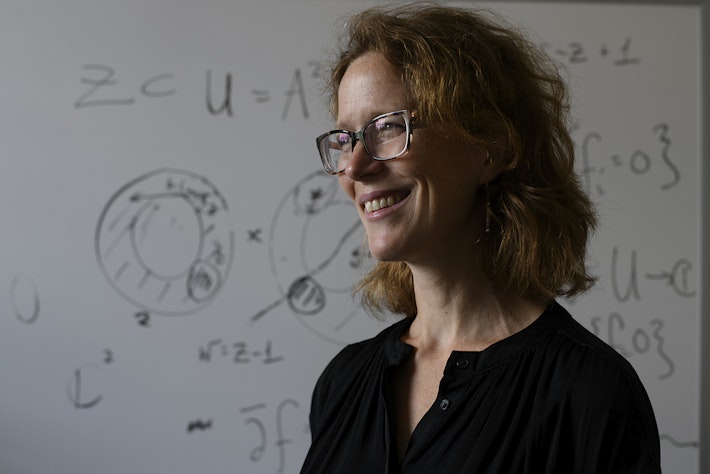Jane J. Mansbridge
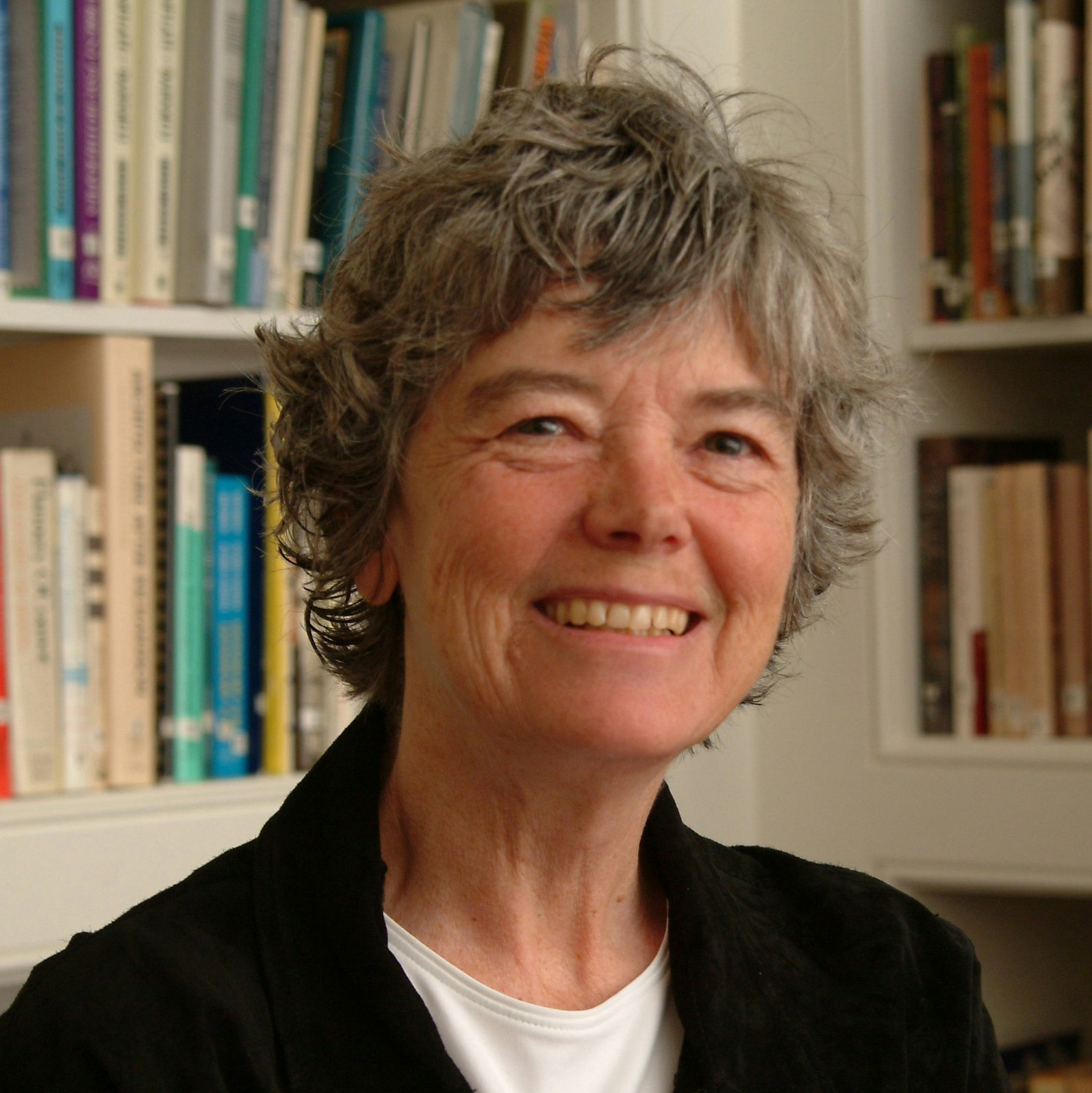
This information is accurate as of the fellowship year indicated for each fellow.
Jane Mansbridge studies the theory and practice of democracy, paying special attention to the position in different democratic schemes of members of disadvantaged groups. Her forthcoming book, “Everyday Feminism,” examines the role in social movements of “everyday activists,” those who do not participate in formal activities such as demonstrations or organizations of a social movement.
At the Radcliffe Institute, Mansbridge will address current “democratic deficits” by arguing against too great a focus on electoral democracy, accountability, transparency, and reduced delegation. She advocates selection systems that favor integrity in public office and allow considerable discretion to representatives. Such selection, she believes, should be combined with institutions of direct citizen participation that provide new incentives for representatives to increase communication between representatives and constituents and to follow the considered wishes of their constituents.
Mansbridge graduated from Wellesley College in 1961 and earned her MA from Harvard’s history department in 1966 and her PhD from its government department in 1971. She has been a fellow at the Center for Advanced Study in the Behavioral Sciences (1997–1998 and 2001–2002), the Russell Sage Foundation (1991–1992), and the Institute for Advanced Study (1985–1986), as well as a Rockefeller Foundation Humanities Fellow (1982–1983), Institute for Policy Studies Associate Fellow (1972–1973), and National Science Foundation Postdoctoral Research Fellow (1971–1972). She was elected a member of the American Academy of Arts and Sciences in 1994. Her second book, Why We Lost the ERA (University of Chicago Press, 1986), was a corecipient of the American Political Science Association’s Victoria Schuck Award (1988) and Gladys M. Kammerer Award (1987).
